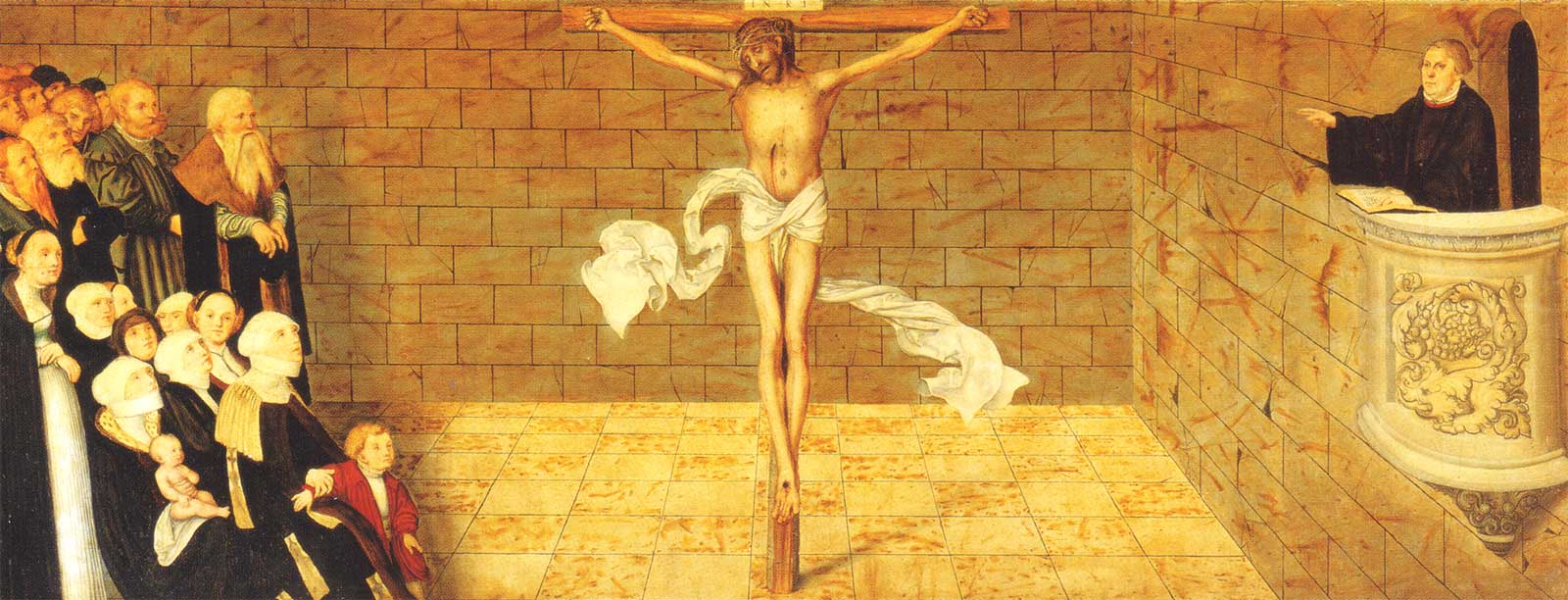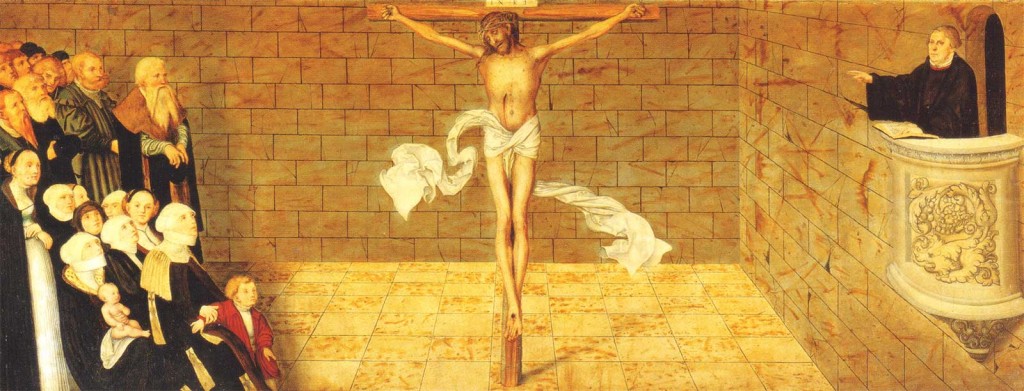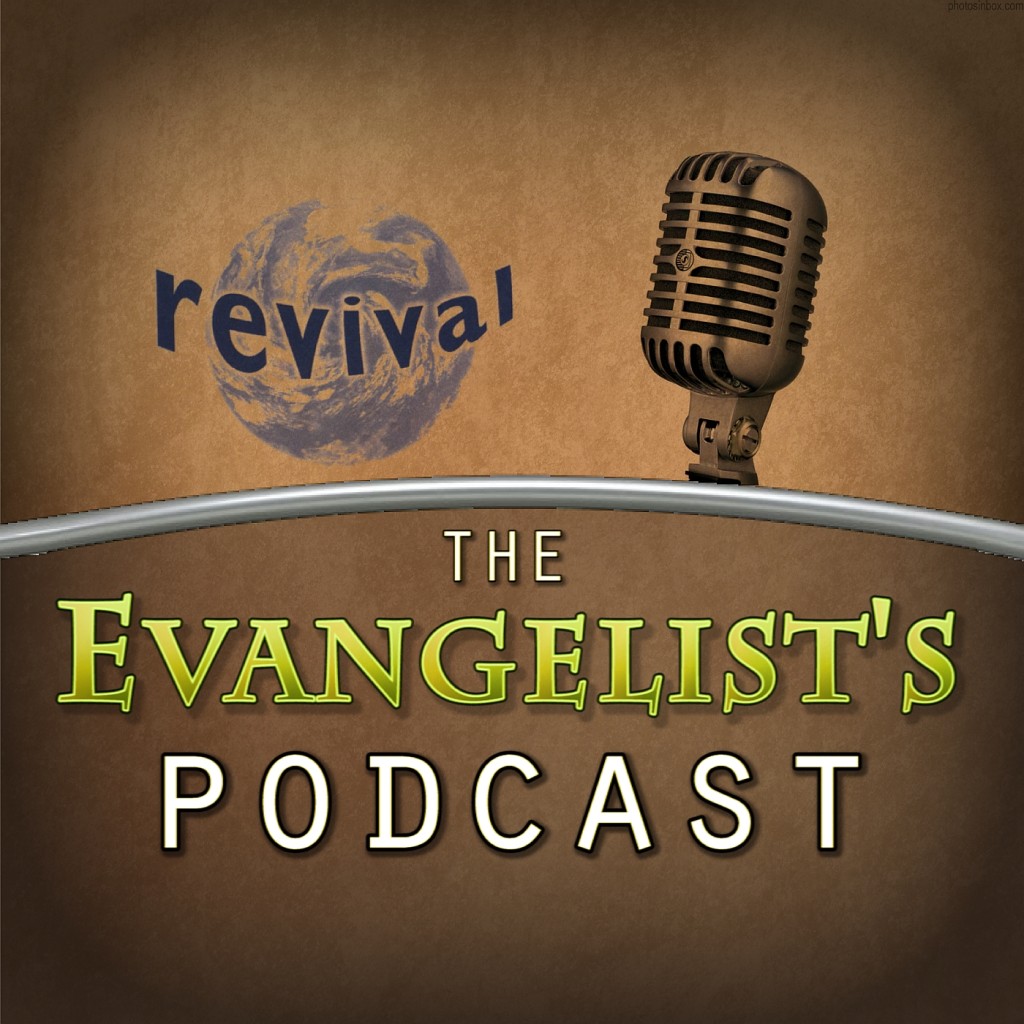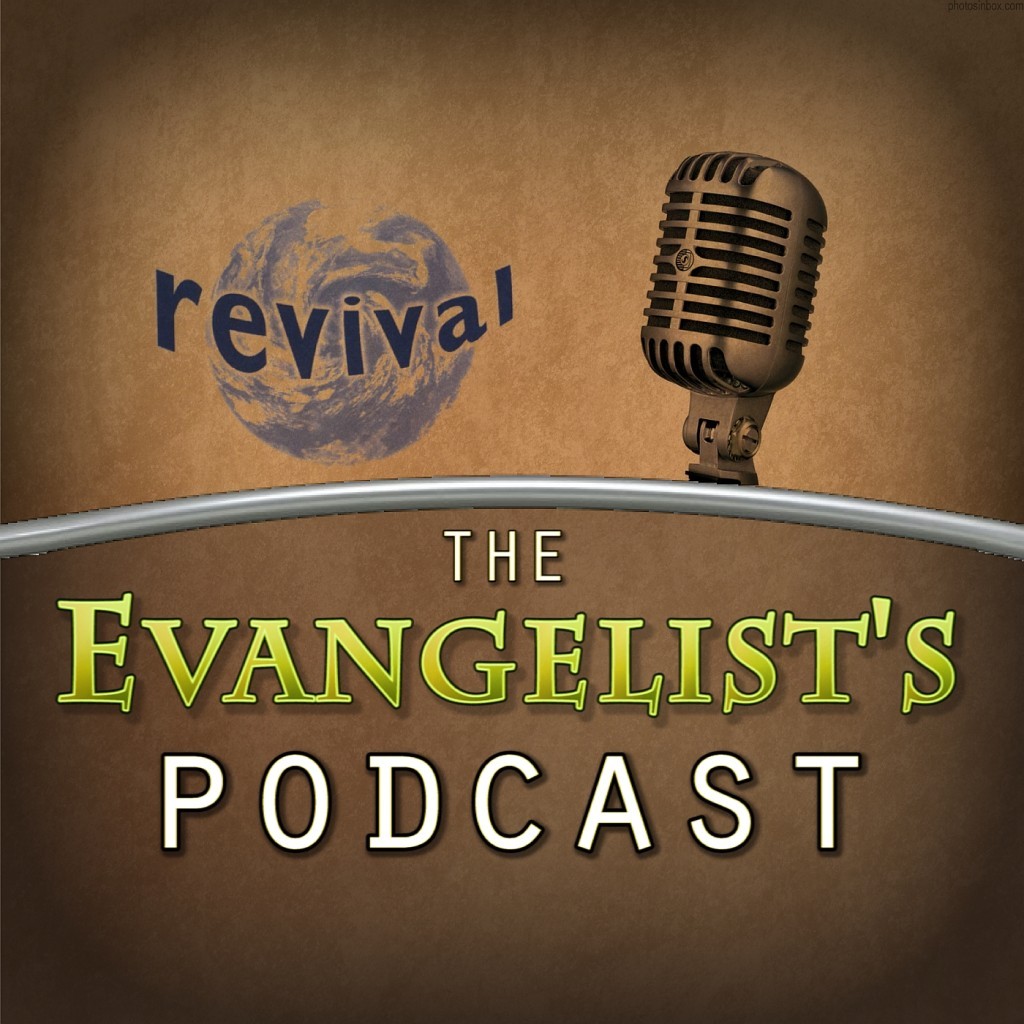Let me try out a couple of statements on you:
Church is God's mission strategy for the world.
Agree? Sure you do. Ok, what about this one - straight out of Romans 10:
Preaching is God's normal means for converting the lost.
Cool with that? Good!
So then, let's put these truths together, and let's say:
The Sunday sermon is absolutely central to our evangelistic task.
In other words, if we want to help our churches be evangelistic, the pulpit should be at the forefront of our thinking and practice.
I suggest that, often, this isn't the case because we think of Sunday preaching as "resourcing the devout" rather than "raising the dead." In this situation preaching is aimed squarely at "the saints" with the emphasis on saints (and not sinners). Preaching here easily becomes an explanation of our requisite beliefs and duties as Christians (plus some motivational prompts, perhaps). In other words our preaching is law.
Result? The congregation feels burdened, the Christians feel like church has nothing to say to their friends and if non-Christians find their way in they feel like it's not for them. Perhaps even deeper than all this, the Christians go away feeling that the good news aint so good, that they need to try harder at this Christian caper and that therefore they're not free to go out into the world because maybe this week their real job is to maintain their position on the holiness perch. All of this is deadly to evangelism - whether or not non-Christians are present on a Sunday!
How should we react to this? Well evangelism must spring from a deep love and appreciation for the evangel. So let's think more deeply about the gospel - we'll go back to basics:
We are born in Adam according to the flesh.
We are born again in Christ by the Spirit.
Until Christ's return we have Adam's flesh and Christ's Spirit.
We are in Adam by nature and in Christ by grace.
We know our Adamic reality by sight and our Christian identity by faith.
These are the realities behind the truth that we are simultaneously righteous and a sinner.
These twin realities remain with us until Christ's return - we will live with these tensions all our lives.
Certainly we must proclaim that Christ is stronger than Adam; the Spirit is stronger than the flesh; our righteousness determines us not our sin; grace triumphs over nature; we walk by faith not sight; etc; etc.
But even though God's grace in Christ far exceeds our sinful nature in Adam, the tension is not obliterated in this age.
Therefore I can still be called a sinner, I still have flesh, I'm still an offspring of Adam.
My Christian identity comes to me while I remain in Adam.
All of this upholds the vital truth that God's justifies the wicked. (Romans 4:5)
As Luther says:
"God receives none but those who are forsaken, restores health to none but those who are sick, gives sight to none but the blind, and life to none but the dead. He does not give saintliness to any but sinners, nor wisdom to any but fools. In short: He has mercy on none but the wretched and gives grace to none but those who are in disgrace. Therefore no arrogant saint, or just or wise man can be material for God, neither can he do the work of God, but he remains confined within his own work and makes of himself a fictitious, ostensible, false, and deceitful saint, that is, a hypocrite."
– Martin Luther (Luther, WA, 1.183ff).
Since this is so, here's what follows...
God's grace meets us in our sinful natures.
God addresses us as sinners in Adam even as He calls us righteous in Christ.
In ourselves we have sin, only in Christ do we have righteousness.
We are called, therefore, to live not by possession but by gift.
That gift comes to us by the Spirit in the Word.
Therefore...
Preaching means addressing sinners and proclaiming the grace of God to them in Jesus.
This does not minimize the "how much more" of God's abundant grace, it is precisely the context for it.
Preaching is not resourcing the devout but raising the dead.
This is not simply about "evangelistic preaching" at the "revival meeting." It is the true nature of all preaching.
If this is true...
The job of the preacher is not to top up the spirituality of Christians who have righteousness in their grasp and need to beef it up a bit.
The job of the preacher is to address people sunk in sin and failure and to tell them of a Saviour who is beyond them.
Crucially therefore the audience for the sermon is "the children of Adam."
All of which means...
The Sunday preacher does not have to choose between two very different kinds of hearer for their message.
The congregation is not split between those who have made a one-off decision for Jesus and those who are yet to choose for Christ.
The Christian needs to hear of their sin and Christ's salvation. The non-Christian needs to hear of their sin and Christ's salvation.
The same gospel is for Christian and non-Christian alike.
If preachers actually believed this and actually preached like this I believe our churches would be transformed.
Christians would be saved from the hypocrisy Luther spoke of above.
Christians would know their sin and the grace of a gospel that meets them where they really are instead of their prettied-up Sunday best.
Christians would experience the grace of God more powerfully through a gospel that doesn't merely strengthen their resolve but saves their souls.
Christians would hear a gospel that applies to the children of Adam and not just to the religious - i.e. a gospel that's relevant to their Monday to Saturday existence.
Christians would get more of a vision for their vocation out in the world, realising that the Scriptures teach us how to live not just how to function as a Christian.
This will equip us for how we can address our friends with the same gospel. Because it really is the same gospel that answers our friends' problems.
It might even inspire us to think "So and so needs to come and hear about this, we were talking about anger management (or whatever) just the other day."
At the end of the service we might just "go in peace to love and serve the Lord" with gusto - not trying to top up our functional righteousness with a few more churchy practices.
Therefore, we might actually feel free to get out into the world, love our neighbours and maybe even befriend them!
And we could then feel that church is a place we could invite our friends - and maybe even do it.
Those are ten benefits of gospel preaching every Sunday and I haven't even mentioned the fact that non-Christians will very likely be present and may just get converted!
So how about it? Tim Keller gives it a go and he does alright, don't you reckon? So can we have a go too? Can we address the whole congregation as the children of Adam - every one of them needing Jesus desperately? Can we see the Scriptures as addressing the problems of life not just the difficulties of Christian piety? Can we do more than resource the devout - can we, by the Spirit's almighty power, raise the dead through the gospel word? If we don't aim for that I'm not sure we have the right to call ourselves gospel people.










